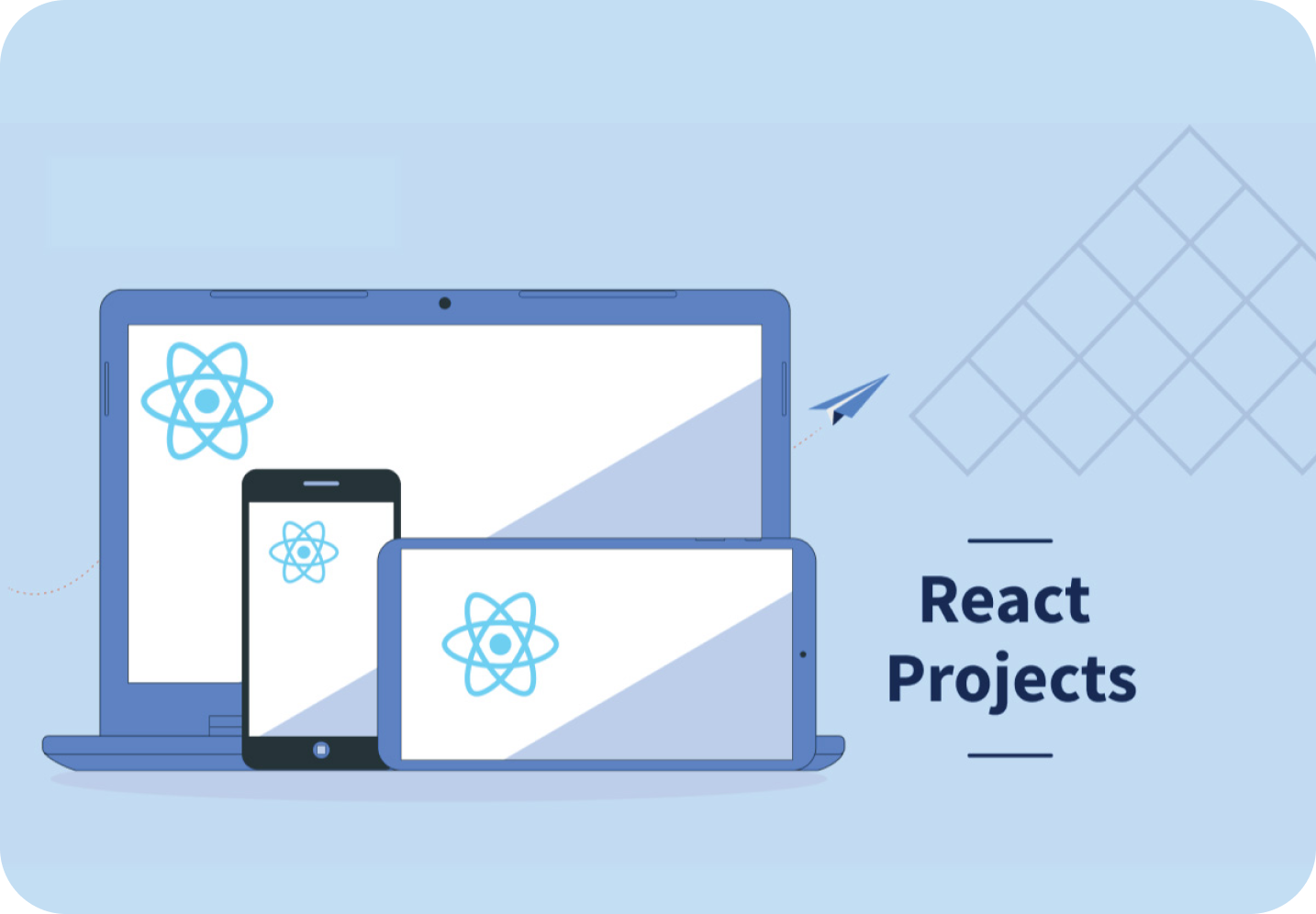The Benefits of Cross-Platform App Development with React Native

The Benefits of Cross-Platform App Development with React Native
In today's fast-paced digital world, businesses are constantly seeking to reach their customers through multiple channels. With the rise of smartphones and tablets, mobile apps have become an essential tool for companies to engage with their audience. However, developing a native app for each platform can be time-consuming and expensive. Enter React Native – a powerful solution that allows developers to build cross-platform apps using a single codebase. In this blog post, we'll explore the benefits of cross-platform app development with React Native and why it has become such a popular choice among developers worldwide. So buckle up and get ready to discover how you can save time and money while delivering top-notch user experience across all platforms!
What is React Native?
React Native is a cross-platform app development framework created by Facebook. It allows developers to create native apps for Android and iOS using React, a JavaScript library for building user interfaces.
React Native enables developers to reuse code across platforms, which reduces development time and costs. Additionally, React Native apps are faster and more responsive than traditional hybrid apps, and can be developed using a single codebase.
There are many benefits to developing with React Native, including the ability to create high-quality apps quickly and efficiently. If you're looking for a cross-platform app development solution, React Native is an excellent option.
Benefits of Cross Platform App Development with React Native
There are plenty of reasons to develop cross platform applications. The two most popular platforms, Android and iOS, have different app stores, development environments, user interfaces, and hardware. React Native lets you write code once and deploy to both Android and iOS.
Some benefits of developing cross platform applications with React Native include:
-Shorter Development Timeframes: Developing a single application for multiple platforms can take less time than developing separate native applications.
-Cost Savings: Cross platform development can be more cost effective than developing separate native applications.
-Code Reuse: Code reuse across platforms can lead to more consistent and reliable applications.
-Hot Reloading: React Native’s hot reloading feature allows developers to make changes to their code and see the results immediately on their devices without having to rebuild the app each time.
-Performance: React Native apps are comparable in performance to native apps written in Objective-C or Java.
Compatible Platforms for React Native
React Native is a popular cross-platform app development framework created by Facebook. It allows developers to create native apps for both iOS and Android using a single codebase. React Native has a number of benefits over traditional app development frameworks, including its ability to produce high-quality apps, its ease of use, and its cost-effectiveness. In this article, we'll take a closer look at the benefits of React Native and how it can be used to develop cross-platform apps.
React Native is compatible with both iOS and Android platforms. This means that developers can create apps that will work on both types of devices without having to learn two different coding languages. React Native uses the same fundamental UI building blocks as regular iOS and Android apps. This makes it easy for developers to create an app that will work on both types of devices.
React Native is a cost-effective way to develop cross-platform apps. Because it only requires one codebase, it cuts down on the amount of time and resources that are needed to develop an app for multiple platforms. Additionally, because React Native apps are compiled into native code, they have the potential to perform better than hybrid apps developed using other frameworks.
React Native is also easy to use. It provides a number of tools that make it simpler for developers to create high-quality apps quickly and efficiently. For example, React Native includes a live reloading feature that allows developers to see changes they make to their code
Popular Apps Developed with React Native
React Native has become one of the most popular ways to develop cross-platform mobile apps. The framework allows developers to use JavaScript to build native mobile apps that work on both iOS and Android.
There are a number of popular apps that have been developed with React Native, including Facebook, Instagram, Skype, Pinterest, and UberEats. React Native provides a number of benefits for developers, including the ability to write code once and deploy it to multiple platforms, rapid development cycles, and access to a large ecosystem of libraries and tools.
If you're considering developing a cross-platform mobile app, React Native is definitely worth considering. In this article, we'll take a look at some of the benefits of using React Native for app development.
Advantages of Using React Native Over Other Platforms
React Native is a JavaScript platform for building native mobile apps. It lets you use React to build native apps without having to learn a new language, as well as offering some performance advantages over other platforms.
One advantage of using React Native is that it can lead to code reuse between different platforms. This means that you can write one piece of code and have it work on both iOS and Android, rather than having to maintain two separate code bases. This can save a lot of time and effort, particularly when it comes to updates and bug fixes.
Another advantage of React Native is that it offers better performance than some other platforms, due to its use of native components rather than webViews. This means that your app will generally run more smoothly, providing a better user experience.
Overall, React Native provides a number of advantages over other platforms, making it an attractive option for cross-platform app development.
Challenges Faced While Developing with React Native
When it comes to cross-platform app development, React Native is one of the most popular frameworks. However, there are still some challenges that developers face when working with this framework.
One challenge is that React Native is a relatively new framework, which means that there are not as many resources available compared to other more established frameworks. This can make it difficult to find answers to problems that you may encounter while developing your app.
Another challenge is that React Native apps can be more difficult to debug than native apps or apps developed with other frameworks. This is because the code for a React Native app is compiled down to native code, which can make it harder to understand what is going on under the hood.
Finally, some devices may not be fully supported by React Native. This means that you may need to use a different framework or library for parts of your app that rely on specific device features.
Conclusion
Cross-platform app development with React Native is a great way to save time and money while creating apps that are reliable, performant, and optimized for multiple platforms. With the wide range of tools available to developers, they can create powerful applications quickly and efficiently. In addition, because React Native’s codebase is shared across iOS and Android platforms, we are able to make fewer changes when making updates or fixing bugs. This makes it easier for teams of developers to stay on top of their projects without losing productivity
Recent Post


Cost and Time Efficiency
There are many advantages to working with a web development agency, but one of the most
important is the cost and time efficiency they can provide.
A web development agency will have a team of experienced professionals who can work together
to create a high-quality website quickly and efficiently. This means that you won’t have to
spend time and money training in-house staff or trying to manage multiple contractors.
In addition, a web development agency will already have established processes and systems in
place to get your website up and running as quickly as possible. They will also be able to
handle any unexpected challenges that may come up during the project, so you can focus on
running your business.
Ultimately, working with a web development agency can save you both time and money while
providing peace of mind that your online presence is in good hands.


Comments (5)
FEbLRQigIwZvoTBA
SMNZIBUna
FEbLRQigIwZvoTBA
SMNZIBUna
FEbLRQigIwZvoTBA
SMNZIBUna
kPUcRGYuMaqvHCxO
KUMwTtcE
kPUcRGYuMaqvHCxO
KUMwTtcE